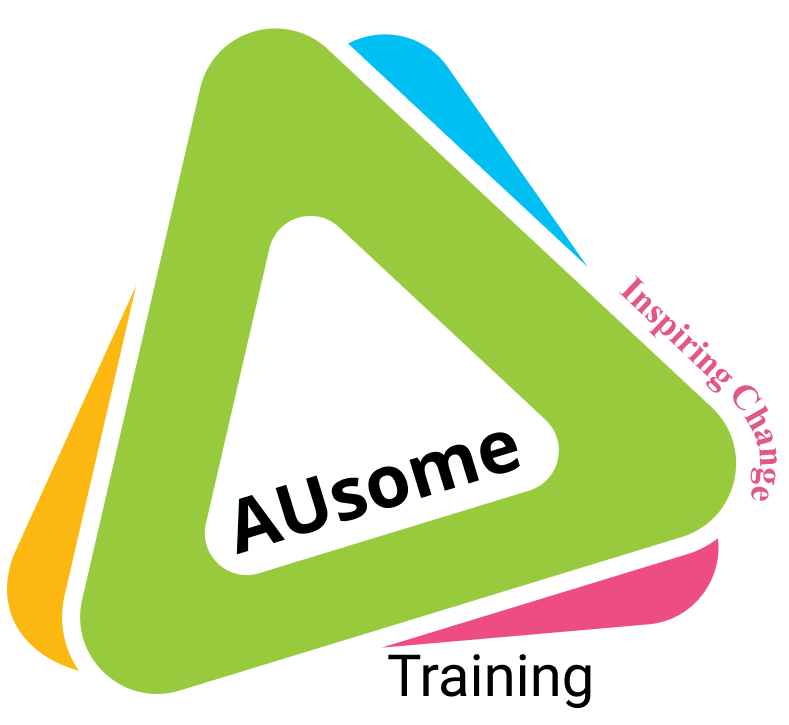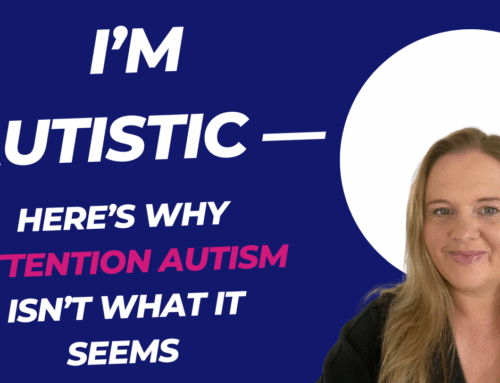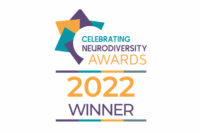It’s not uncommon for misconceptions to surround Autism. When you want to learn about autism it can be daunting with so much information available how can you tell what’s good advice and where to go for support? In this article we explain the differences between poor information and Autistic-led rights-based or what is known as “neuro-affirming” sources.
When learning about autism it’s crucial to reflect on where our current understanding of Autism comes from. Often, the information we have might not accurately represent the experiences of Autistic individuals.
If we are learning about autism it’s important to consider whether our ideas about Autistics have been shaped by the perspectives of Autistic people themselves or if they’re based on sources that may not fully capture their lived experiences.
Sometimes, the views we hold about Autistics are influenced by so-called “experts” who may not actually be Autistic.
We should be mindful of the importance of learning directly from Autistic individuals. Our insights and experiences can provide a more authentic and accurate understanding and often we make a lot more sense!
Autistic voices are invaluable in shaping our perspectives.
By seeking knowledge from Autistic individuals and valuing our input, we can foster a more inclusive and supportive environment. Embracing the wisdom and unique perspectives of Autistic people ourselves can contribute to creating a more informed, empathetic, and effective experience for all.
It’s also important to consider Autistic rights and to be informed as to what is harmful to our community.
Seeking out rights-based information is a must, especially in the world of clutter in the autism industry
Below are some pointers that will help you navigate your learning about autism
Learning about autism the right way
Rights- based training will never:
- Talk about managing behaviours but instead provide you with tools to understand trauma and anxiety
- Talk about enhancing play or social skills but instead will show you that there is diversity in play and communication that needs to be embraced
- Encourage ablest notions like mourning Autistics – we celebrate our lives
- Use functioning labels or other ways to grade Autistics and will instead discuss medical conditions, trauma and societal barriers. We understand the history of functioning labels and the damage they can do.
- Encourage use of rewards or punishments- instead will take a trauma-informed, respectful approach to relationship building
- Talk about theory of mind or other made-up deficits and instead we’ll talk about Double Empathy
- Place the burden on Autistics to fit into a world not designed for us and instead will show you ways to gently break the mould.
- Frame the Autistic as the problem- instead we’ll explain environmental forces
- Talk about sensory experiences in isolation – instead we talk about sensory-emotional-cognitive experiences
- See labels like Autistic as unhelpful- instead we recognise the need to identify people’s needs in a world that does not cater for them
- Encourage Autistics to meet milestones which are not ours- and explain that milestones are just averages across billions of people. Everyone has their own path
- Rely on “evidence based” research or programs that forgot to include Autistics
- Encourage Autistics to build resilience and to do things they do not feel safe doing- instead we’ll talk about burnout and building safety, trust and confidence
- Talk about regression- instead we talk about burnout and Autistic paths of development
- Frame our way of being as a disorder or a condition but instead show our wonderful rich way of being as a very normal part of humanity
- Talk about autism as if we know everything there is to know- we are still exploring
- Focus on everyone around the Autistic person – instead we focus on the Autistic person, connections and relationships
- Pretend we have a quick fix – building relationships and changing the environment, dismantling ableism and addressing our own biases takes time
- Lump in everything as autism – we distinguish between medical conditions, other neurologies and trauma
- Talk about stimming as just self regulatory beheviour- we are humans so we move our bodies for lots of reasons
This is how we talk about Autistic lives at AUsome Training because we are Autistic and otherwise Neurodivergent. Some of us are parents. We are avid researchers and want to share our knowledge, thinking and vision for a better world with you
We do not see Autistics as a problem to be fixed and we are here to guide you in making the world a better place for Autistics
If you want to learn about Autistics instead of learning about autism then check out all the ways we can support you
Our Minding Autistic Minds Conference is a wonderful place to start




